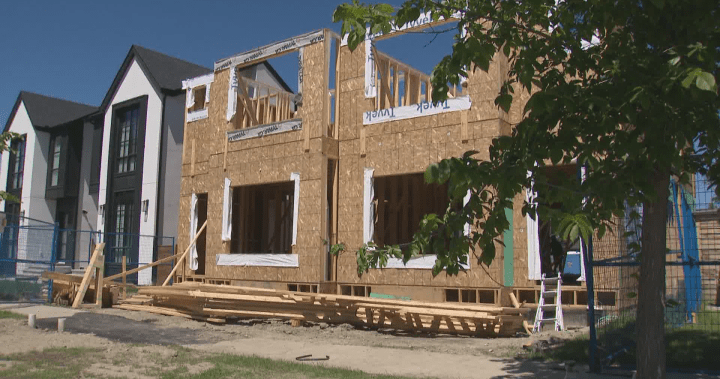A routine administrative update to Calgary’s land use bylaws has unexpectedly ignited a fierce confrontation between city council and prominent developers, revealing deeper tensions about the future direction of urban development in one of Canada’s fastest-growing metropolitan areas.
What city officials described as “minor housekeeping amendments” to land use bylaws has provoked an unprecedented response from Calgary’s development community, with industry leaders warning the changes could significantly hamper housing construction amid an already challenging affordability crisis.
“These so-called technical adjustments fundamentally alter the economics of residential construction in established neighborhoods,” said Brian Hahn, CEO of BILD Calgary Region, the association representing developers and home builders. “Our members were blindsided by changes that will effectively reduce density potential on thousands of parcels across the city.”
The controversy erupted during Tuesday’s council meeting when representatives from more than a dozen development firms appeared to voice their opposition to bylaw amendments that would adjust how building height, setbacks, and floor area ratios are calculated on residential lots. While city administration characterized these as clarifications to existing policies, developers contend they represent substantial regulatory changes implemented without proper consultation.
Councillor Sonya Sharp, who ultimately voted against the amendments, expressed concern about the process. “When we have this many industry professionals raising alarm bells, we need to pause and ensure we’re not creating unintended consequences that could worsen our housing supply challenges,” Sharp said during deliberations.
The amendments passed by a narrow 8-7 vote, with Mayor Jyoti Gondek casting the deciding vote in favor of the changes. Following the decision, several developers indicated they would be forced to reevaluate ongoing projects, potentially delaying or cancelling developments already in the planning stages.
The dispute highlights the growing tensions between Calgary’s stated goals of increasing density in established neighborhoods and the practical realities of development economics. According to data from the Canada Mortgage and Housing Corporation, Calgary faces a significant housing shortage, needing to build approximately 35,000 new units by 2030 to meet projected demand.
“What’s particularly troubling is the timing,” noted urban planning expert Dr. Ellen Richardson from the University of Calgary. “With interest rates still elevated and construction costs at historic highs, adding regulatory uncertainty could significantly depress new housing starts at precisely the moment we need them most.”
City administration defended the changes as necessary clarifications to prevent misinterpretations of existing bylaws. “These amendments simply ensure consistency in how we apply our land use rules across the city,” explained Stuart Dalgleish, General Manager of Planning and Development Services. “They don’t fundamentally change what can be built, but rather clarify how certain measurements are calculated.”
However, several council members who opposed the amendments pointed to the lack of economic impact analysis. “We’re making decisions that affect billions in investment without fully understanding the consequences,” said Councillor Dan McLean. “This isn’t good governance.”
The dispute occurs against the backdrop of Calgary’s broader efforts to manage rapid population growth. The city welcomed over 45,000 new residents in 2023 alone, putting enormous pressure on housing supply and infrastructure.
Industry representatives have requested a meeting with the mayor and senior administration officials to discuss potential compromises. Meanwhile, several developers have indicated they may seek legal remedies if the city proceeds with implementing the controversial changes.
As Calgary continues navigating the complex challenges of urban development, the fundamental question remains: how can the city balance necessary regulatory oversight with the urgent need to accelerate housing construction in a market already struggling with affordability? The answer will shape not just the physical landscape of Calgary, but also determine who can afford to call it home in the coming decades.











